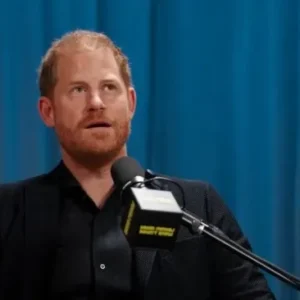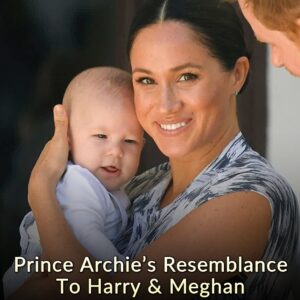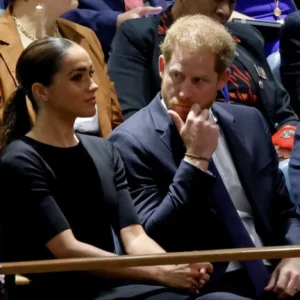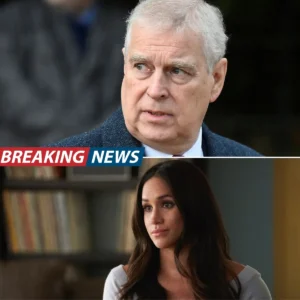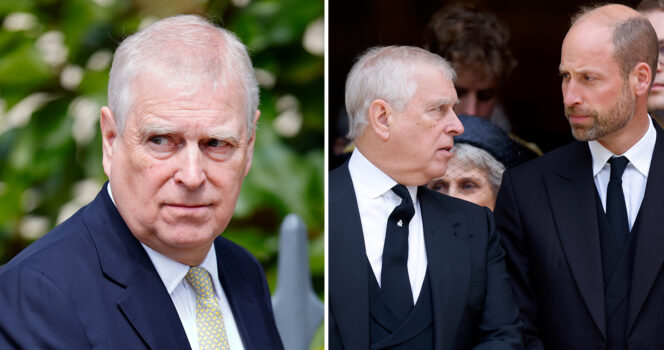
The British royal family continues to face public attention as questions about Prince Andrew’s role and residence arrangements resurface. In recent years, the monarchy has undergone significant transitions — from the passing of Queen Elizabeth II to the ongoing health challenges of King Charles III and Catherine, Princess of Wales. Against this backdrop, renewed focus has been placed on maintaining the institution’s integrity and transparency.
A Period of Transition for the Monarchy
The late Queen Elizabeth II’s passing in 2022 marked the end of a 70-year reign that provided stability for both the United Kingdom and the Commonwealth. Since then, King Charles III has emphasized continuity, modernization, and a streamlined royal structure. Publicly, the King has focused on sustainability, community engagement, and the future of the monarchy’s working members.
However, alongside this period of modernization, ongoing discussions about Prince Andrew, Duke of York, have continued to raise public and media attention.
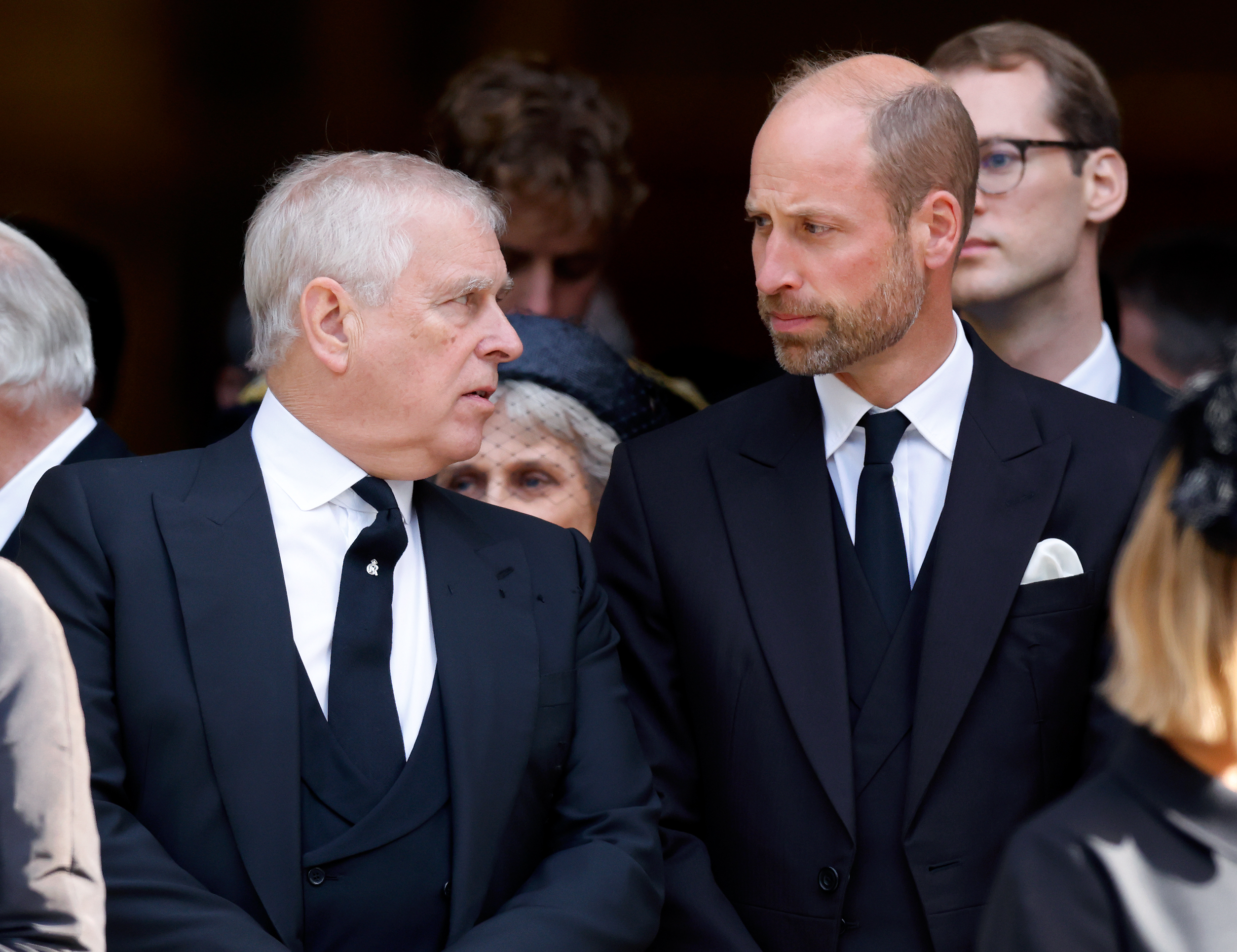
Prince Andrew’s Status Within the Royal Family
Prince Andrew stepped back from public duties in 2019 following widespread scrutiny related to his association with the late financier Jeffrey Epstein. In early 2022, Buckingham Palace confirmed that Prince Andrew had returned his royal patronages and military titles to the late Queen. The Palace also announced that he would not undertake official royal duties moving forward.
Since then, Prince Andrew has largely remained out of the public spotlight, attending only private or family events such as church services and family funerals. Official statements have emphasized that the Duke continues to support charitable causes privately but does not represent the monarchy in any official capacity.
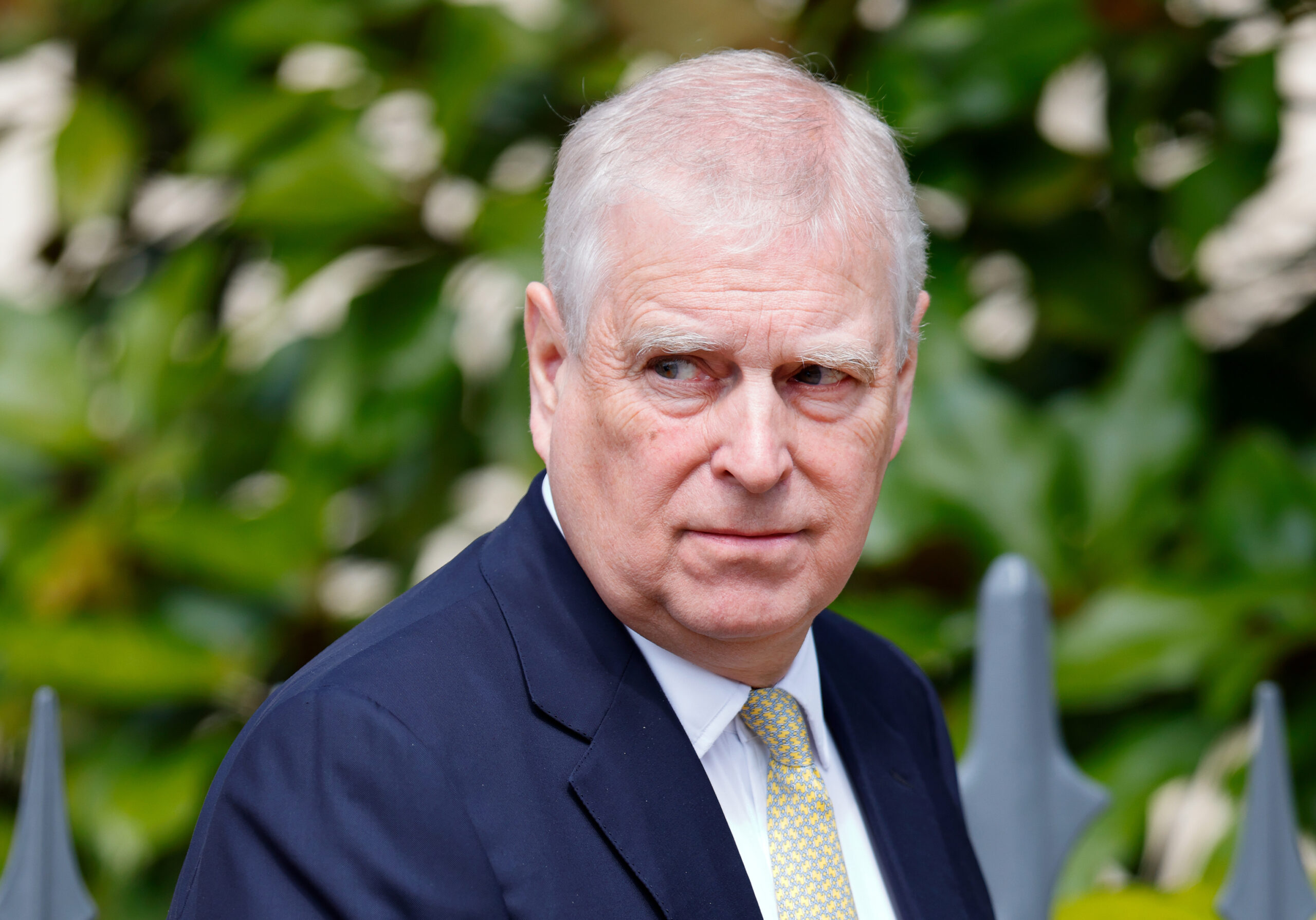
Reports on Residence and Royal Lodge Discussions
Prince Andrew currently resides at the Royal Lodge in Windsor Great Park, a property he has occupied for several decades. According to BBC News and The Telegraph, the Royal Lodge is held under a long-term lease agreement, originally granted in the early 2000s through the Crown Estate. The property, which underwent significant renovations funded by the Duke, remains his private residence under that agreement.
Recent media coverage has discussed ongoing arrangements concerning the Royal Lodge as the King and the royal household continue to review royal properties. These discussions reportedly involve considerations about cost efficiency and the distribution of royal residences among family members who carry out official duties. While details remain private, The Guardian and Sky News have reported that such property discussions are part of a wider review of royal estate management, in line with the King’s intention to modernize the monarchy’s operations.
No official palace statement has confirmed any personal conflict between members of the royal family regarding these arrangements.
Prince William’s Role and Leadership Approach
As heir to the throne, Prince William, the Prince of Wales, has taken on increasing responsibility within the royal family’s public and administrative affairs. His focus has largely centered on issues such as mental health advocacy, environmental protection, homelessness prevention, and early childhood development.
According to reputable outlets including BBC News and Reuters, Prince William has also been involved in discussions about the monarchy’s long-term structure and public image. Royal correspondents note that the Prince of Wales supports a “slimmed-down” model, emphasizing active working members who engage directly with public service.
However, neither Kensington Palace nor Buckingham Palace has issued any statements suggesting threats or ultimatums directed toward other family members, including Prince Andrew. Any claims to the contrary should be treated as unverified unless supported by official communications or reliable journalistic sources.
Public and Media Reactions
Public perception of the monarchy remains complex, particularly regarding how it manages internal controversies while maintaining its charitable and constitutional responsibilities. A 2024 YouGov poll indicated that younger Britons increasingly view the royal family through the lens of transparency and accountability, while older generations tend to value its traditions and continuity.
In this context, media coverage of Prince Andrew’s situation continues to attract attention, often mixing verified facts with speculative commentary. Reputable royal correspondents have urged caution, emphasizing that internal family discussions — including housing or title arrangements — are typically private matters handled directly by the Palace.
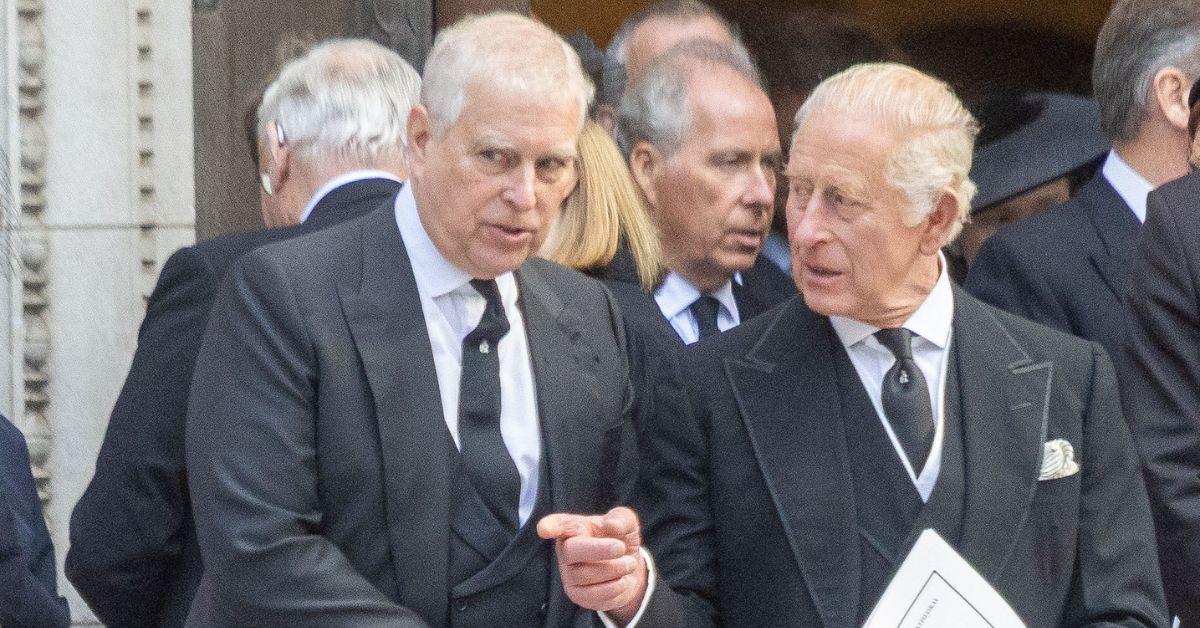
The Broader Context: Modernizing the Monarchy
Under King Charles III and Prince William’s leadership, the monarchy has sought to balance heritage with modernization. Key initiatives include the King’s commitment to environmental causes and the Prince of Wales’s Earthshot Prize, which recognizes global environmental innovation.
Royal observers have noted that both leaders share a desire to make the institution more sustainable, transparent, and publicly accountable. This includes reviewing royal finances, property management, and the distribution of official duties — ensuring the monarchy aligns with contemporary values and expectations.
While Prince Andrew is no longer an active working royal, his future within the family remains a private matter. Buckingham Palace has consistently maintained that personal and property decisions involving non-working royals are not subject to public disclosure unless they involve official duties or funding.
Lessons from the Past: Public Accountability and Media Responsibility
The 2019 BBC Newsnight interview between journalist Emily Maitlis and Prince Andrew marked a turning point in the Duke’s public role. Widely covered by international media, the interview raised significant concerns about his judgment and led to his eventual withdrawal from royal duties.
Since then, the royal family has been careful to maintain distance between its official activities and personal controversies involving individual members. Experts in royal media relations, such as historian Robert Lacey and royal biographer Katie Nicholl, have highlighted that this approach reflects a broader shift toward institutional accountability and professional management within the royal household.
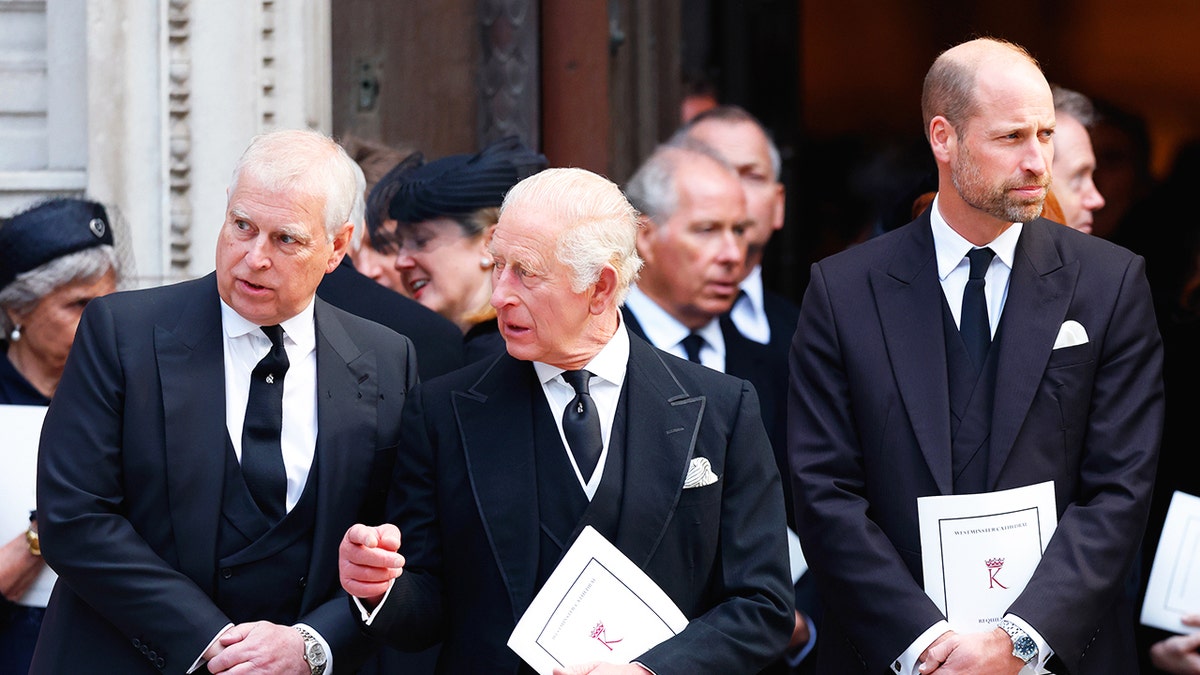
Moving Forward
As the royal family navigates a new era under King Charles III, it continues to face both public challenges and opportunities for reform. The focus for working royals — including Prince William and the Princess of Wales — remains on service, community, and environmental responsibility.
While media coverage will likely continue to scrutinize family dynamics, reputable sources emphasize that decisions about property, titles, or personal relationships are private matters. Official updates will be shared through verified channels such as Buckingham Palace press releases or the Royal Family’s official website.
Conclusion
Prince William’s growing leadership role within the royal family underscores the monarchy’s ongoing effort to balance tradition with modern responsibility. Reports about internal discussions, particularly those involving Prince Andrew, should be viewed with caution unless substantiated by official or credible news sources.
As the monarchy evolves in a rapidly changing world, its ability to maintain integrity, transparency, and service to the public remains central to its continued relevance.
Sources:
-
BBC News – “Prince Andrew to step back from royal duties” (2019)
-
The Guardian – “King Charles’s plans for a slimmed-down monarchy” (2024)
-
Reuters – “Prince William’s expanding royal duties” (2024)
-
Sky News – “Royal Lodge discussions and Crown Estate properties” (2024)
-
Buckingham Palace Official Statements (royal.uk)


